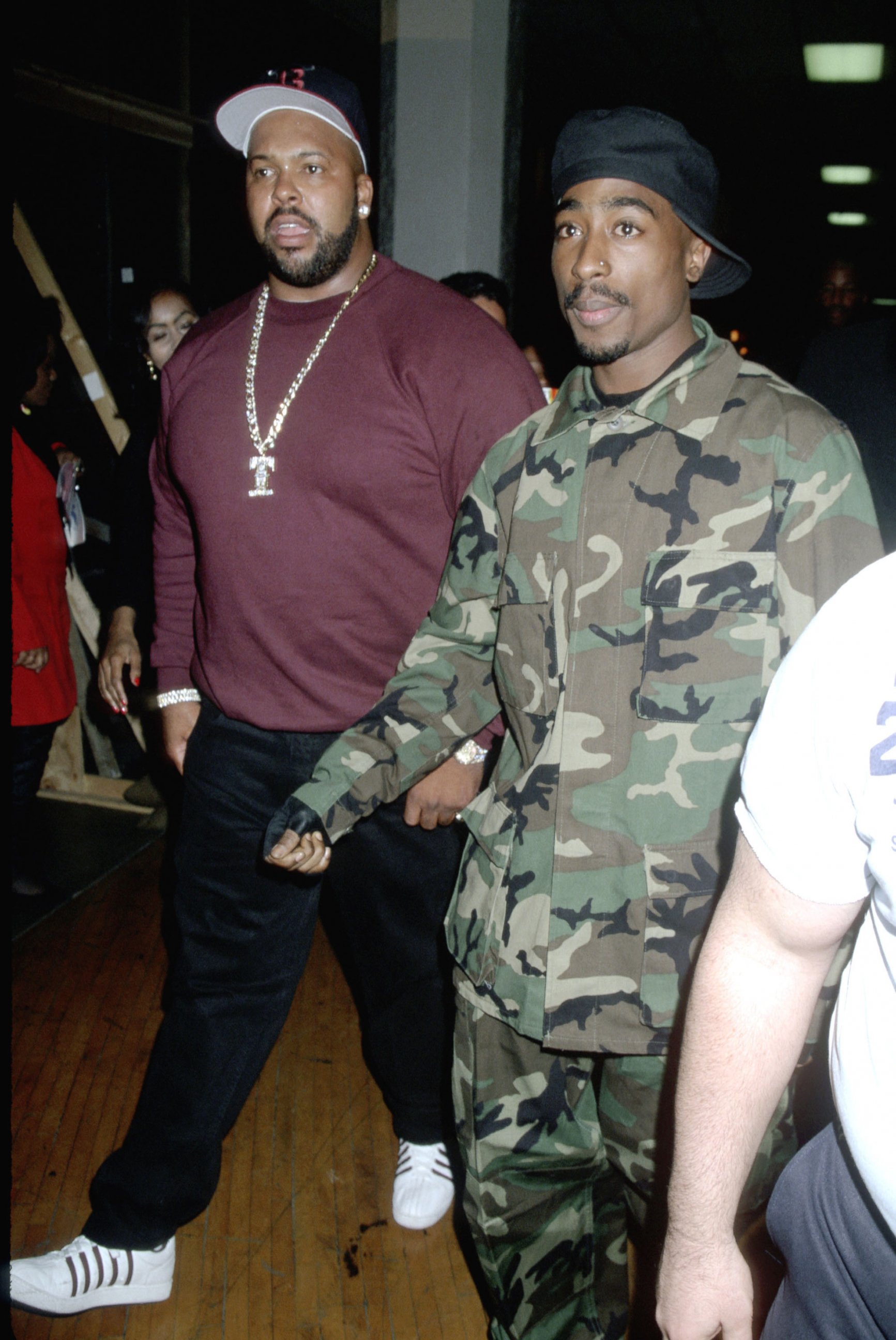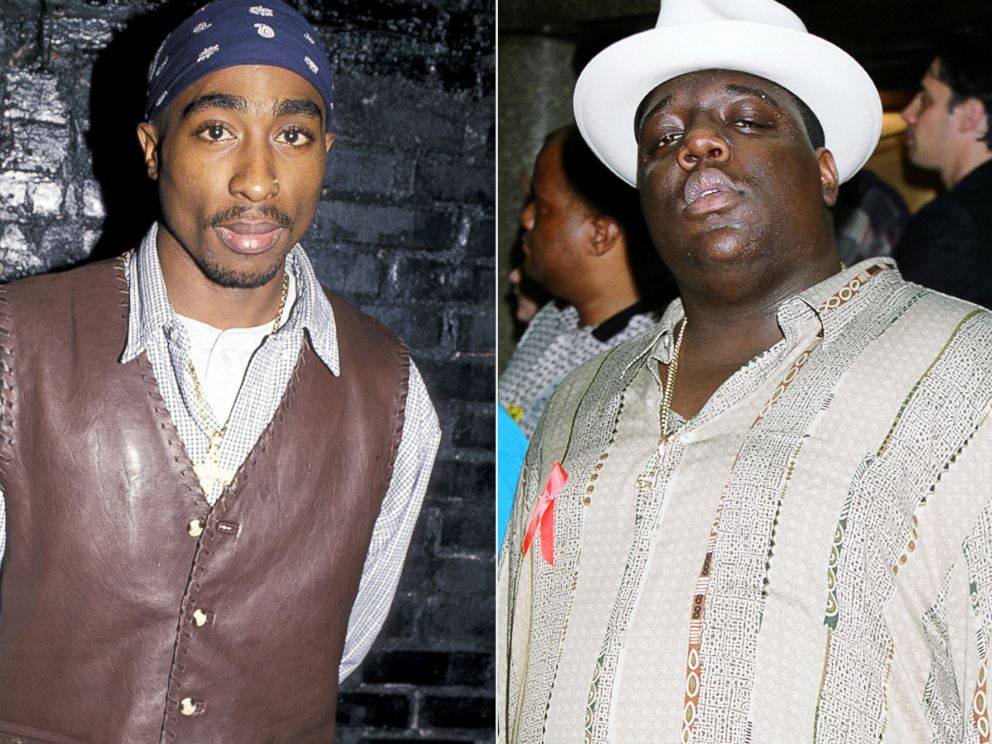Suge Knight Arrested: What to Know About the Hip-Hop Mogul
What you need to know about the hip-hop mogul arrested on suspicion of murder.
— -- Marion "Suge" Knight, arrested and booked on suspicion of murder earlier today over a fatal crash Thursday in Compton, California, has a long history as a rap pioneer, as well as a long history of trouble.
The ex-head of Death Row Records has been in the spotlight on and off since the early 1990s, supporting iconic artists on his former label such as Snoop Dogg and Tupac Shakur.
But there's more to Knight's story than his influence as a hip-hop mogul, or even his reported connection with an East Coast-West Coast rap feud that may have led to the deaths of Shakur and Bad Boy Records rapper Biggie Smalls.
The 6-foot-4 Knight, 49, also acquired a reputation as a dangerous and physically imposing man. In 1996, for instance, rapper Vanilla Ice told ABC News' Brian Ross that Knight dangled him off the balcony of a hotel in the early 1990s during an argument over money from the song "Ice Ice Baby."
"I needed to wear a diaper on that day," Vanilla Ice said. "I was very scared."
Knight denied the claim.
Knight was born in Compton, California and, after high school, he played football in college for UNLV before leaving in 1987, according to the Los Angeles Times.
Around the early 1990s, Knight went to work as a bodyguard in the music industry, which led to a stint as a talent manager.
Knight opened Death Row Records in 1992 with partner Dr. Dre, whose album "The Chronic" put the label on the map. The label really started to dominate the rap industry and bring so-called "gansta rap" to the forefront when Snoop Dogg followed Dre with his classic album "Doggystyle" in 1993. That album earned four- and five-star reviews from the likes of Rolling Stone and The Source. It went quadruple platinum.
In 1996, Shakur, who had just joined Death Row, released "All Eyez on Me," a double album, which eventually racked up $10 million in sales, according to The Source.

The entire time Death Row was dominating the music industry, Knight seemed to be the publicity catalyst.
But there was also trouble.
In 1995, Knight famously attended the Source Awards and insulted Bad Boy frontman Sean Combs, now known as Diddy, about performing on his artists' songs.
"Anyone out there who wanna be a recording artist and wanna stay a star, but don't have to worry about the executive producer trying to be all in the videos, all on the records, dancing, come to Death Row," he said.
Some have speculated that was the point where the reported beef between Bad Boy (East Coast-based) and Death Row (West Coast-based) began.
After Shakur joined Death Row, the reported feud seemed to get worse. Shakur insulted Bad Boy's legendary rapper, The Notorious B.I.G., a.k.a. Christopher Wallace, on records such as "Hit 'Em Up," which even talked about Walace's wife.
Other artists were attracted to Knight and his empire in the mid-1990s -- even M.C. Hammer, who signed with the label in 1995 in an apparent effort to shed his clean-cut image.
In 1996, Knight was behind the wheel of the car with Shakur in the passenger seat when Shakur was shot and killed in Las Vegas at age 25.

Wallace was shot and killed months later in 1997 at age 24 in Los Angeles.
Unrelated to the murders of the two rap stars, Knight did jail time from the late 1990s to 2001 for violating probation on a 1992 assault and weapons case. In 2003, he went to prison again for the same offense.
It was around that time that Knight's Death Row records began to falter. Dre left in 1996 and, that same year, one of his bodyguards was shot during a dispute and later fired, according to the Times.